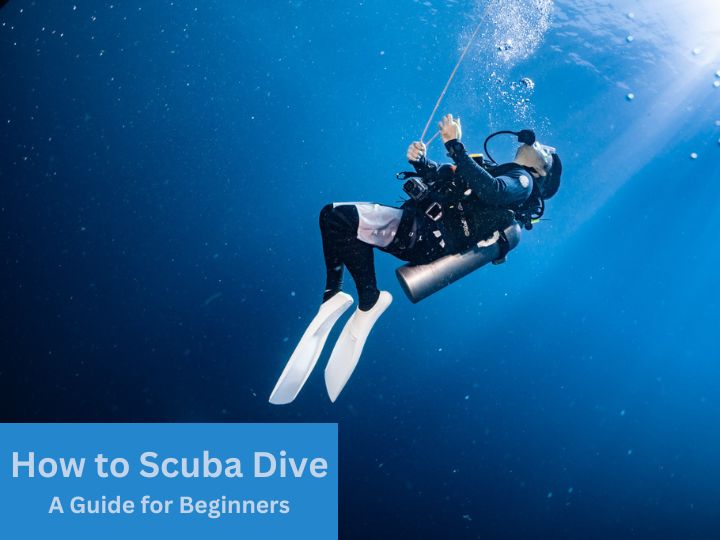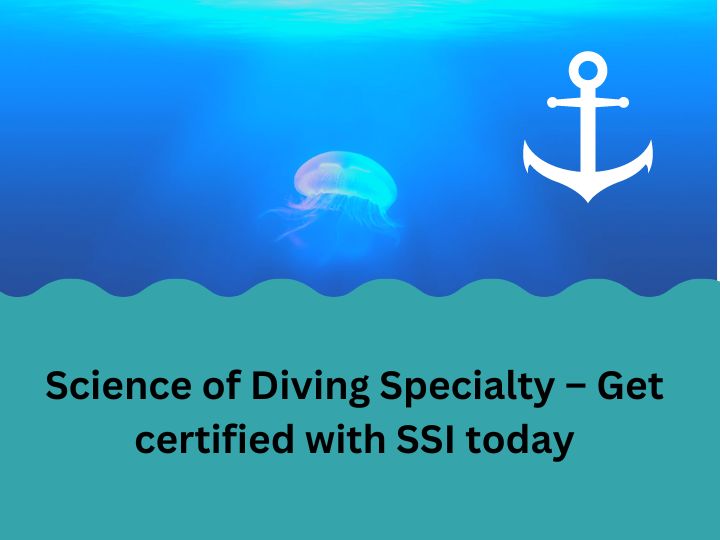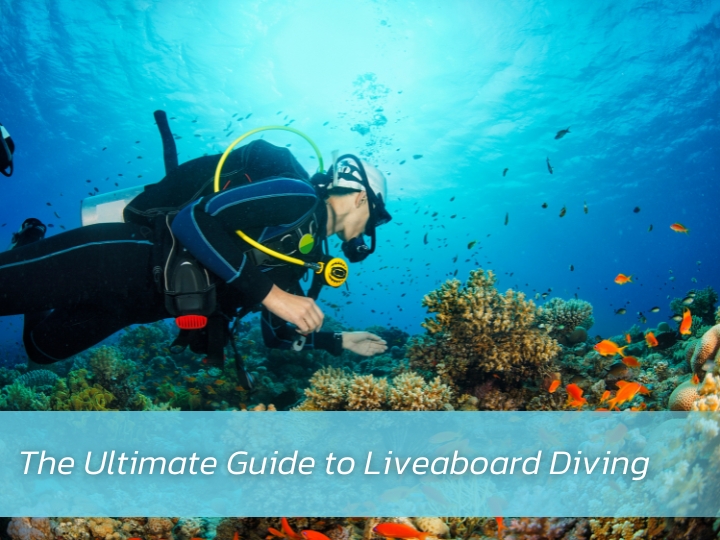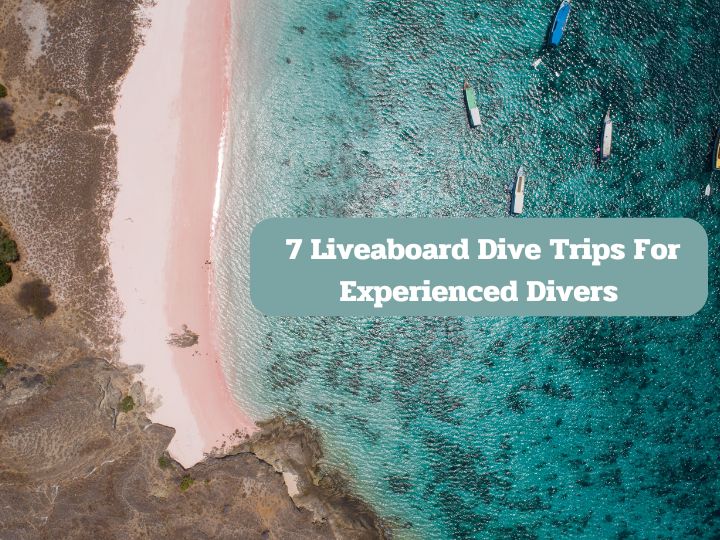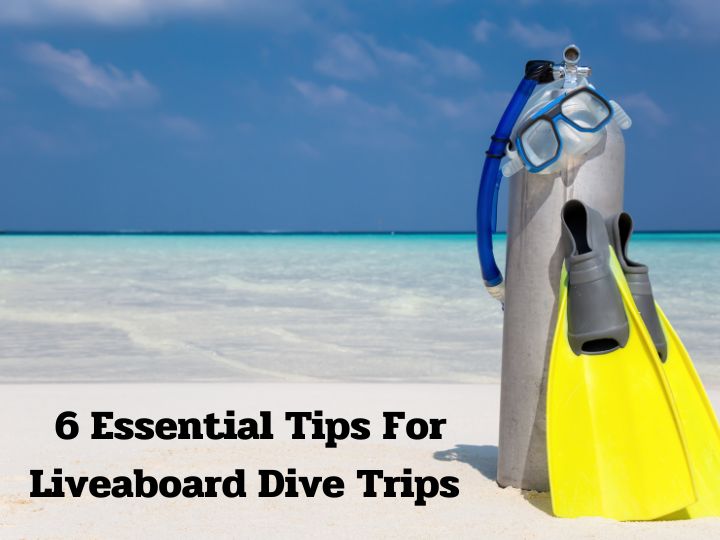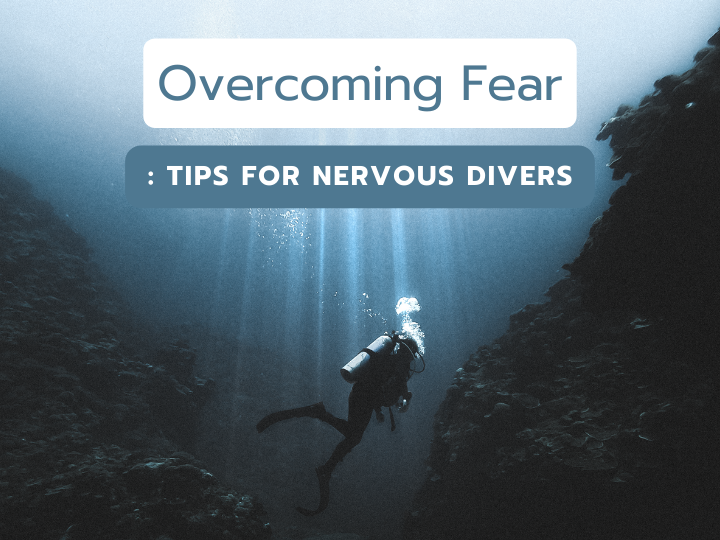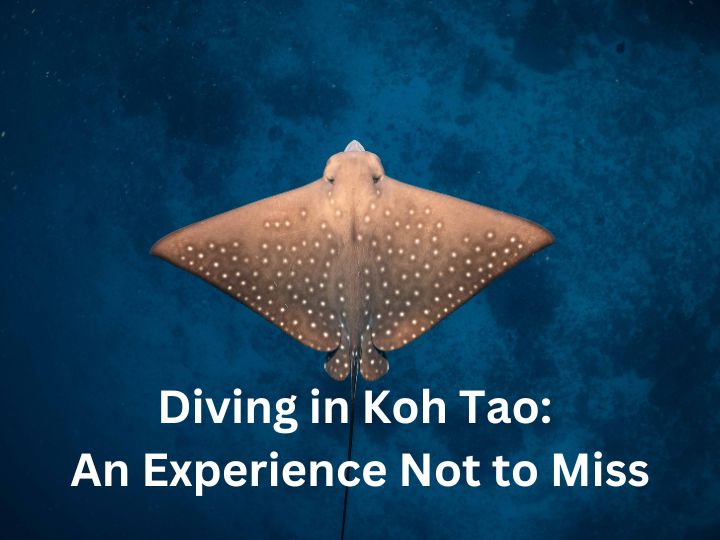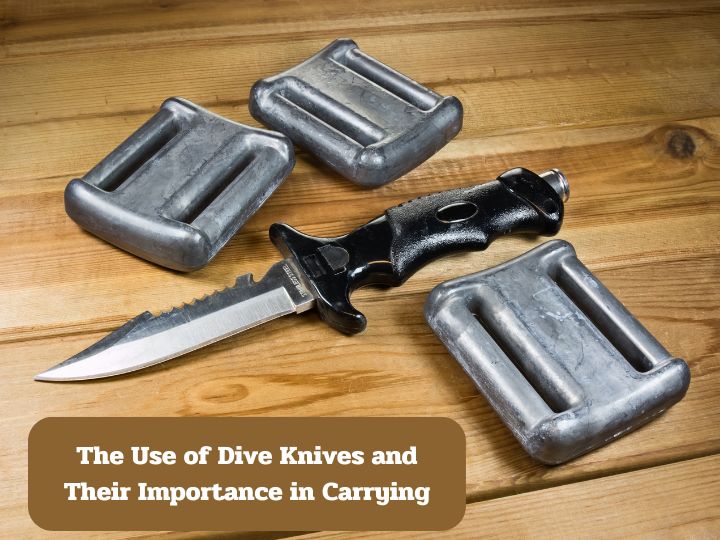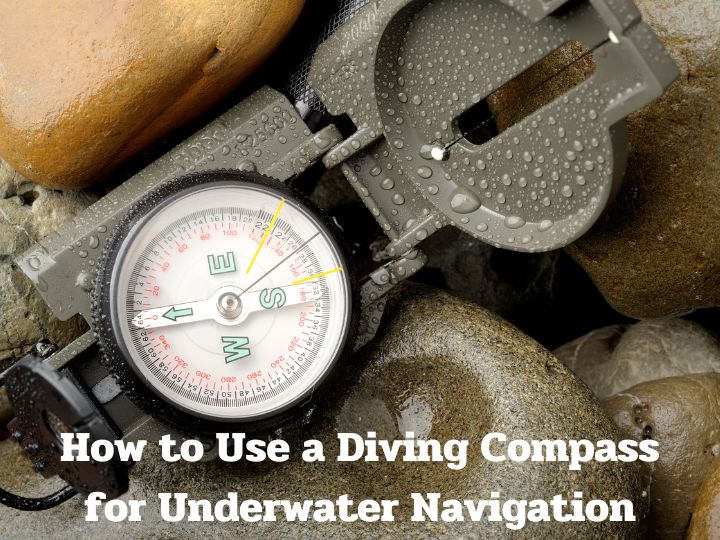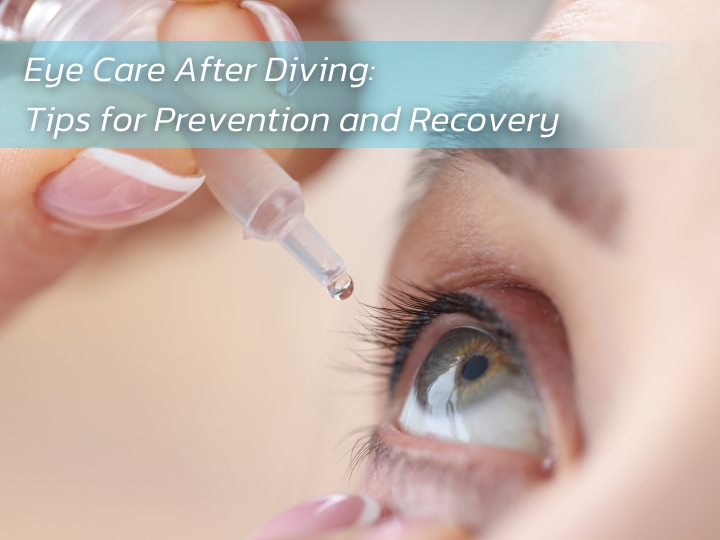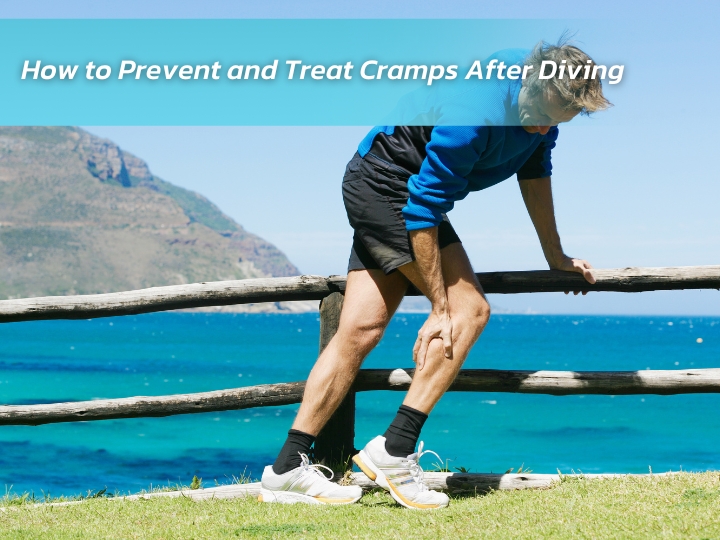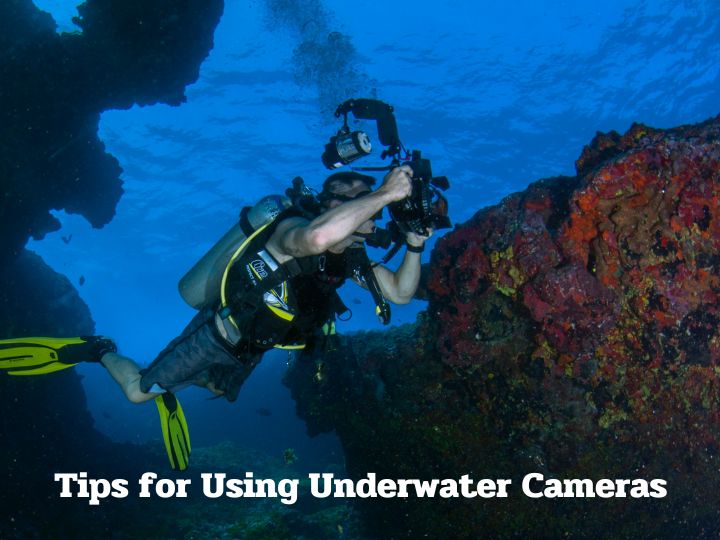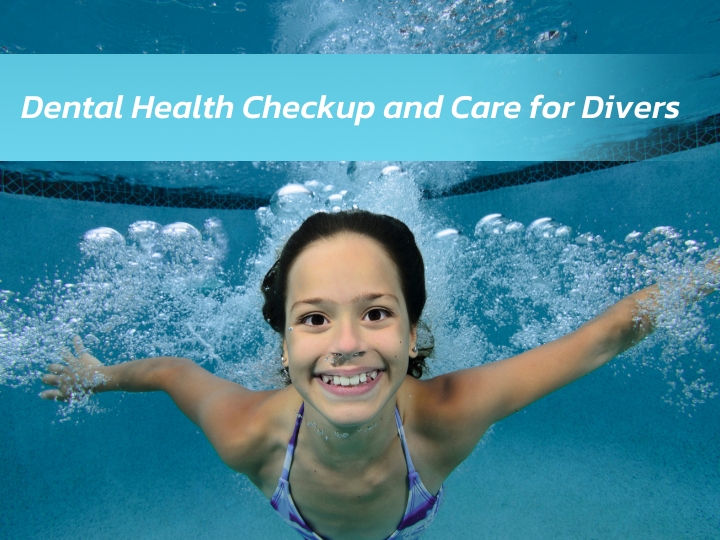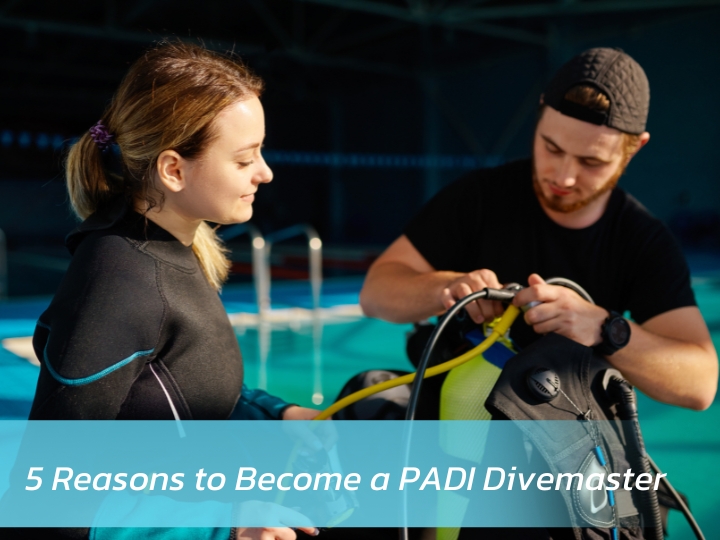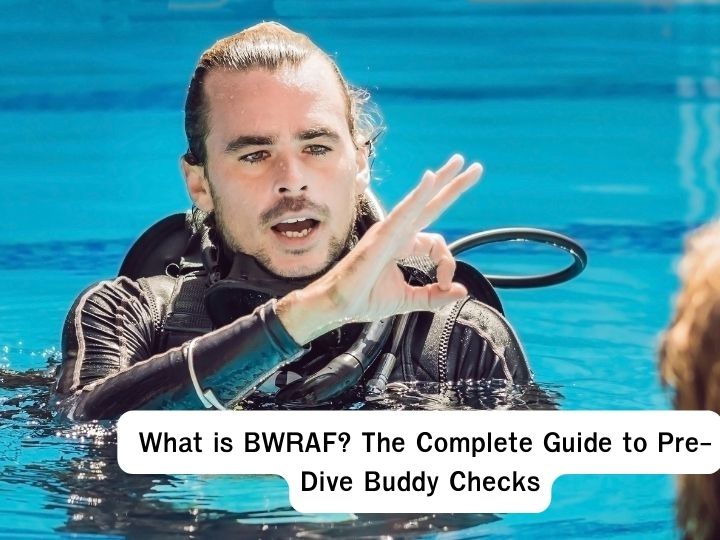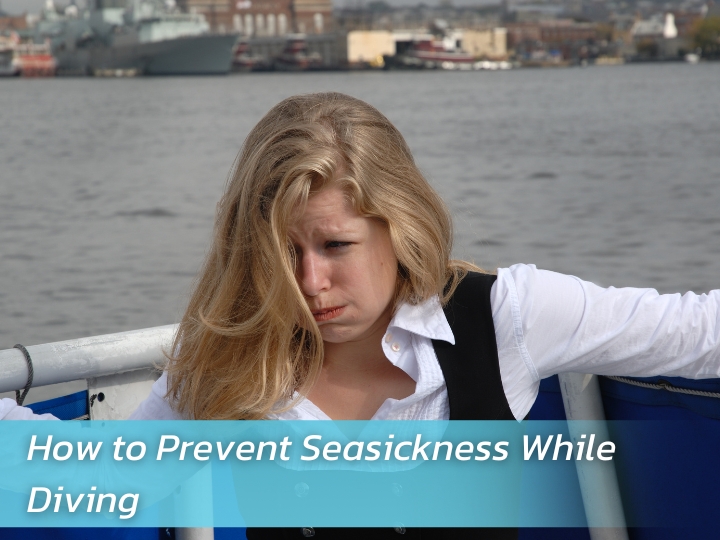
How to Prevent Seasickness While Diving
Learn how to prevent seasickness while diving to ensure your underwater adventures are enjoyable and safe, with practical tips from experts.

The Importance of Preventing Seasickness
Seasickness can affect any diver, especially during liveaboard diving where one has to stay on the boat for several days. Without proper prevention, seasickness can make you miss out on the fun and beauty of the underwater world.
Understanding Seasickness
Seasickness occurs due to a mismatch between the sensory signals received by the brain, typically from the inner ear and the eyes, when the motion of the boat conflicts with what the eyes see.
Methods to Prevent Seasickness
Preparing Before the Trip
- Choose your seat wisely: Sit near the center of the boat where there is the least movement.
- Eat light meals before the trip: Avoid greasy and hard-to-digest foods.
- Get plenty of rest: Proper rest can help reduce the risk of seasickness.
While on the Boat
- Look at the horizon: Keeping your eyes on the horizon helps your brain reconcile the motion.
- Breathe deeply and relax: Deep breathing can help reduce stress and seasickness.
- Avoid reading or using your phone: Focusing on nearby objects can exacerbate the sensory conflict.

Using Medications and Supplements
Anti-Seasickness Medications
Using anti-seasickness medications like Dramamine or Bonine can help reduce seasickness. Take the medication about an hour before the trip and follow your doctor’s advice.
Recommended Supplements
- Ginger: Known for its anti-nausea properties, you can take fresh ginger or ginger tea before the trip.
- Seaweed extract patches: These patches, applied behind the ear, can help reduce seasickness.
Managing Seasickness When It Happens
Rest and Relaxation
If you start feeling seasick, find a spot with fresh air, try to relax, and take deep breaths. Lying down and taking a nap can also help.
Staying Hydrated and Eating Light Foods
Drinking plenty of water and eating light snacks like crackers or bread can help alleviate seasickness symptoms.

Additional Techniques and Tips
Meditation and Deep Breathing
Meditation and deep breathing exercises can help calm your mind and reduce stress, which is a contributing factor to seasickness.
Choosing the Right Time to Dive
Avoid diving during bad weather or rough seas, as these conditions increase the likelihood of seasickness.
General Health Maintenance While Diving
Maintaining Physical Health
Keeping your body in good shape helps reduce the risk of seasickness and makes diving a more enjoyable and safe experience.
Health Check-ups Before the Trip
It’s important to have a health check-up before diving trips, especially if you have any health concerns. Consult with your doctor to ensure you are fit for diving.

Preparation Before Diving
Practicing Diving Skills
Practicing your diving skills in a pool or safe water environment is essential before diving in the sea.
Choosing the Right Diving Equipment
Selecting the right diving equipment that suits your needs and is of good quality will ensure a smooth and safe diving experience.
Managing Emotions and Feelings While Diving
Controlling Fear
Fear and anxiety are common during diving. Practice techniques to manage fear and anxiety to make diving a fun experience.
Learning to Relax
Learning to relax while diving, such as taking deep breaths and resting between dives, will enhance your diving experience.

Post-Dive Preparation
Taking Care of Your Body After Diving
Taking care of your body after diving is crucial. Rest and hydrate well to help your body recover from the dive.
Health Check-ups After Diving
It’s advisable to have a health check-up after diving to ensure there are no adverse effects or side effects from the dive. Consult with your doctor if you experience any unusual symptoms.
Sharing Diving Experiences
Storytelling and Sharing Experiences
Sharing your diving stories and experiences with friends or family not only brings joy and fun but also helps others learn and prepare for their future dives.
Recording Experiences in Blogs or Social Media
Recording your diving experiences in blogs or on social media is a great way to preserve memories and share knowledge with others. It also helps you connect with other divers who share the same interests.
Summary and Additional Tips
Effective Seasickness Prevention
Preventing seasickness while diving requires good preparation and appropriate practices. Learning and applying various techniques will help ensure your diving experience is memorable and trouble-free.
Expert Advice
If you have any questions or concerns about diving and preventing seasickness, consult with experts or join diving courses that offer training and advice from experienced professionals.
